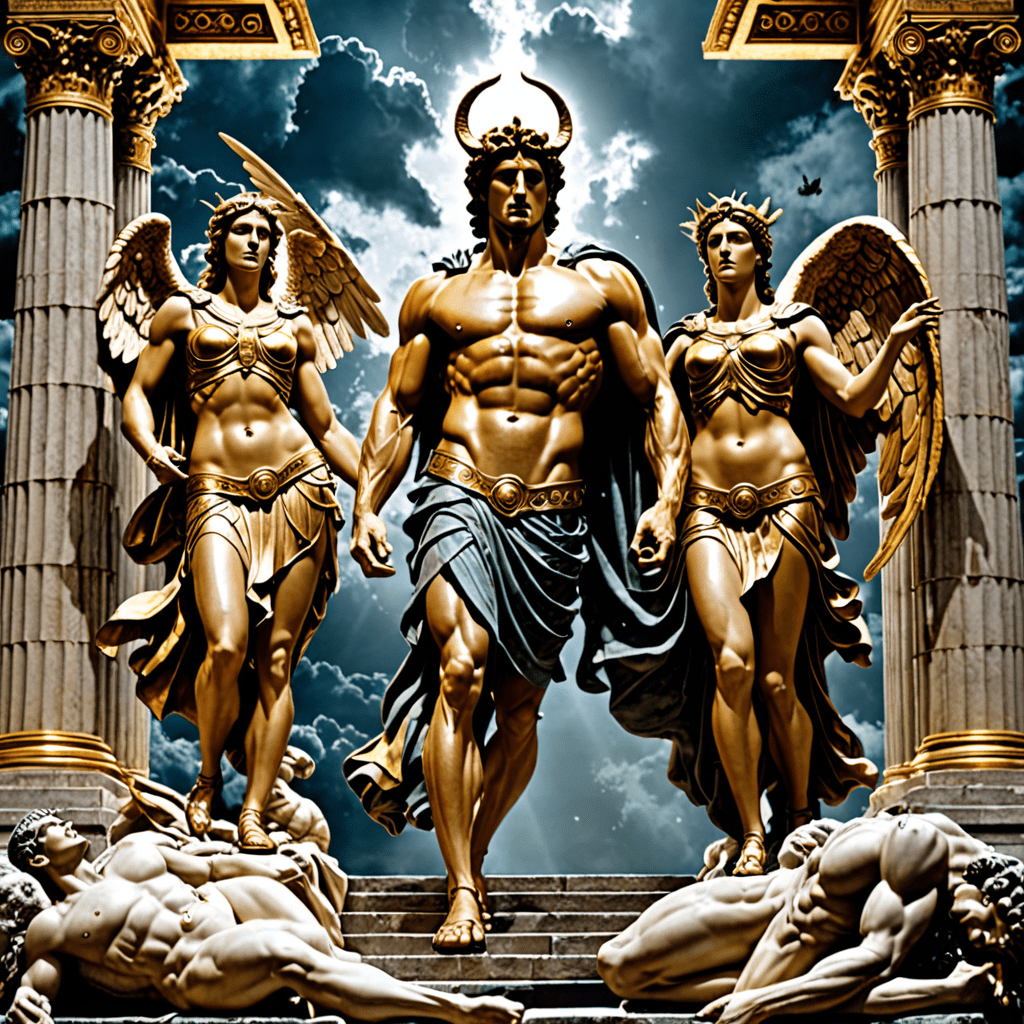The Symbolism of Dreams in Roman Mythology
In Roman mythology, dreams held significant meaning as they were believed to be messages from the gods. Romans
interpreted dreams through the guidance of specialized priests known as oneirocritics. Dreams were seen as a
medium through which the divine communicated with mortals, providing insights, warnings, or prophecies.
The Interpretation of Dreams
Roman beliefs associated various symbols in dreams with specific meanings. For example, encountering gods or
goddesses in a dream indicated favor or disfavor from the divine. Dreams of flying symbolized freedom or
transcendence, while falling suggested a loss of status or power. Animals in dreams were also significant,
with each animal possessing a unique symbolism tied to Roman mythology.
The Significance of Nightmares in Roman Mythology
Nightmares, on the other hand, were viewed as omens of impending doom or misfortune. Romans believed that
nightmares stemmed from the malevolent influence of supernatural entities like demons or malign spirits. It was
crucial to interpret and seek protection from nightmares to prevent negative outcomes.
Averting Nightmares and Seeking Protection
To combat nightmares, Romans relied on various rituals and talismans for protection. They often resorted to
incantations, charms, or amulets believed to ward off evil influences during sleep. Seeking the aid of gods
associated with dreams, such as Somnus, the god of sleep, was also common practice to mitigate nightmares and
seek peaceful rest.
Conclusion
In Roman mythology, dreams and nightmares played essential roles in guiding and warning individuals about
their future. Interpreting these messages from the divine reflected the belief in the interconnectedness
between mortals and the spiritual realm. Understanding the symbolism of dreams and nightmares in Roman
mythology offers insights into the ancient Romans’ worldview, beliefs, and practices.
FAQ: The Symbolism of Dreams and Nightmares in Roman Mythology
What role did dreams and nightmares play in Roman mythology?
Dreams and nightmares held significant symbolic importance in Roman mythology. They were often seen as messages from the gods or ancestors, offering guidance, warnings, or insights into the future.
How were dreams interpreted in Roman culture?
Romans believed that dreams were a way for the divine to communicate with mortals, and as such, they were carefully interpreted by priests or individuals with special knowledge. Positive dreams were seen as favorable signs, while nightmares were often viewed as ominous warnings.
Which Roman gods were associated with dreams and nightmares?
One of the key figures associated with dreams in Roman mythology was Somnus, the god of sleep and dreams. His counterpart, Mors, was the personification of death and often featured in nightmares as a symbol of mortality.
Did Romans have rituals to invoke or interpret dreams?
Yes, Romans had various rituals to induce prophetic dreams or seek guidance through dreaming. One common practice involved incubation, where individuals slept in temples dedicated to gods like Apollo, seeking divine messages in their dreams.
How did nightmares feature in Roman folklore and literature?
Nightmares were often depicted in Roman folklore and literature as malevolent entities or creatures that tormented individuals during sleep. These dark visions served



